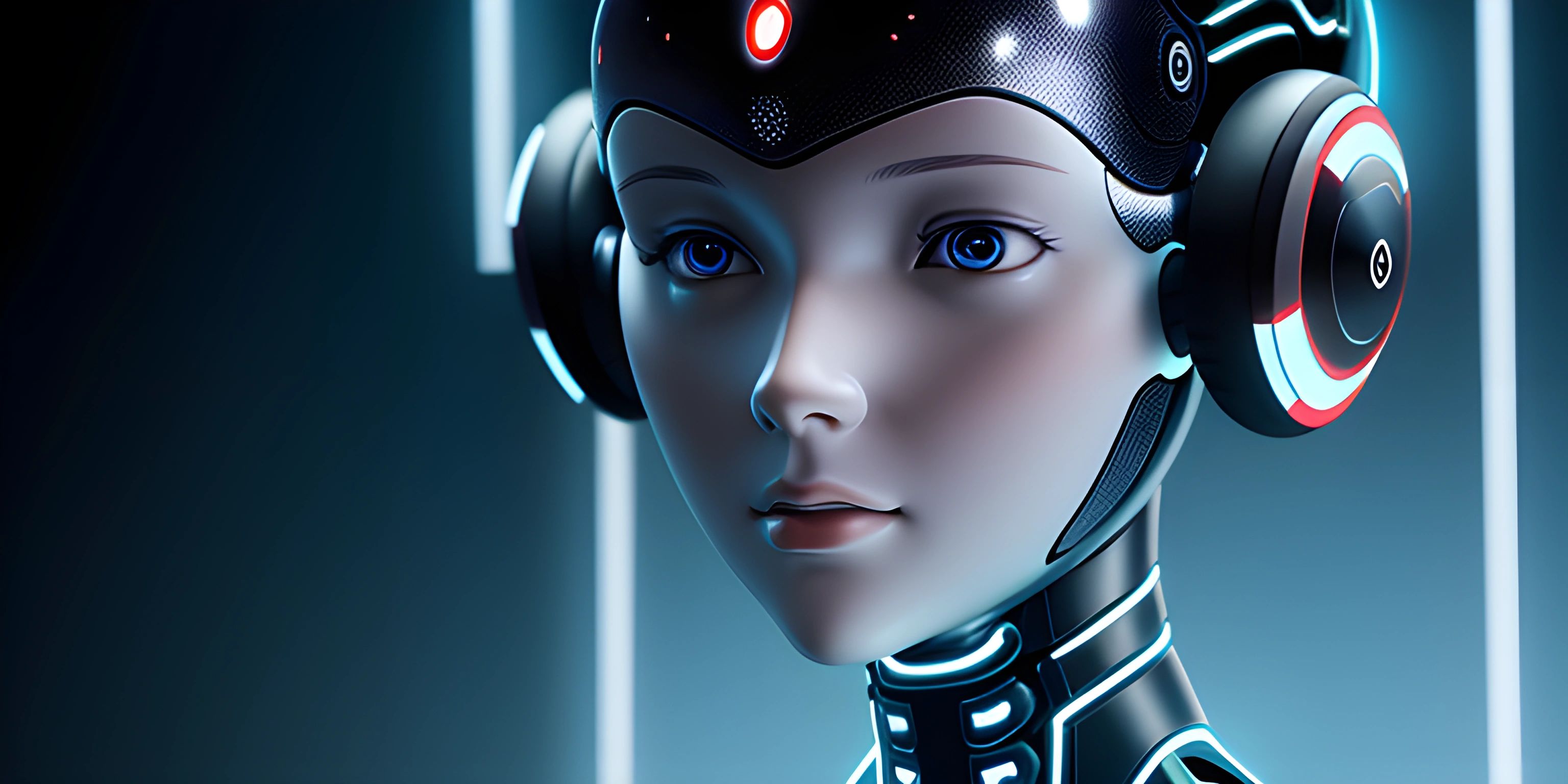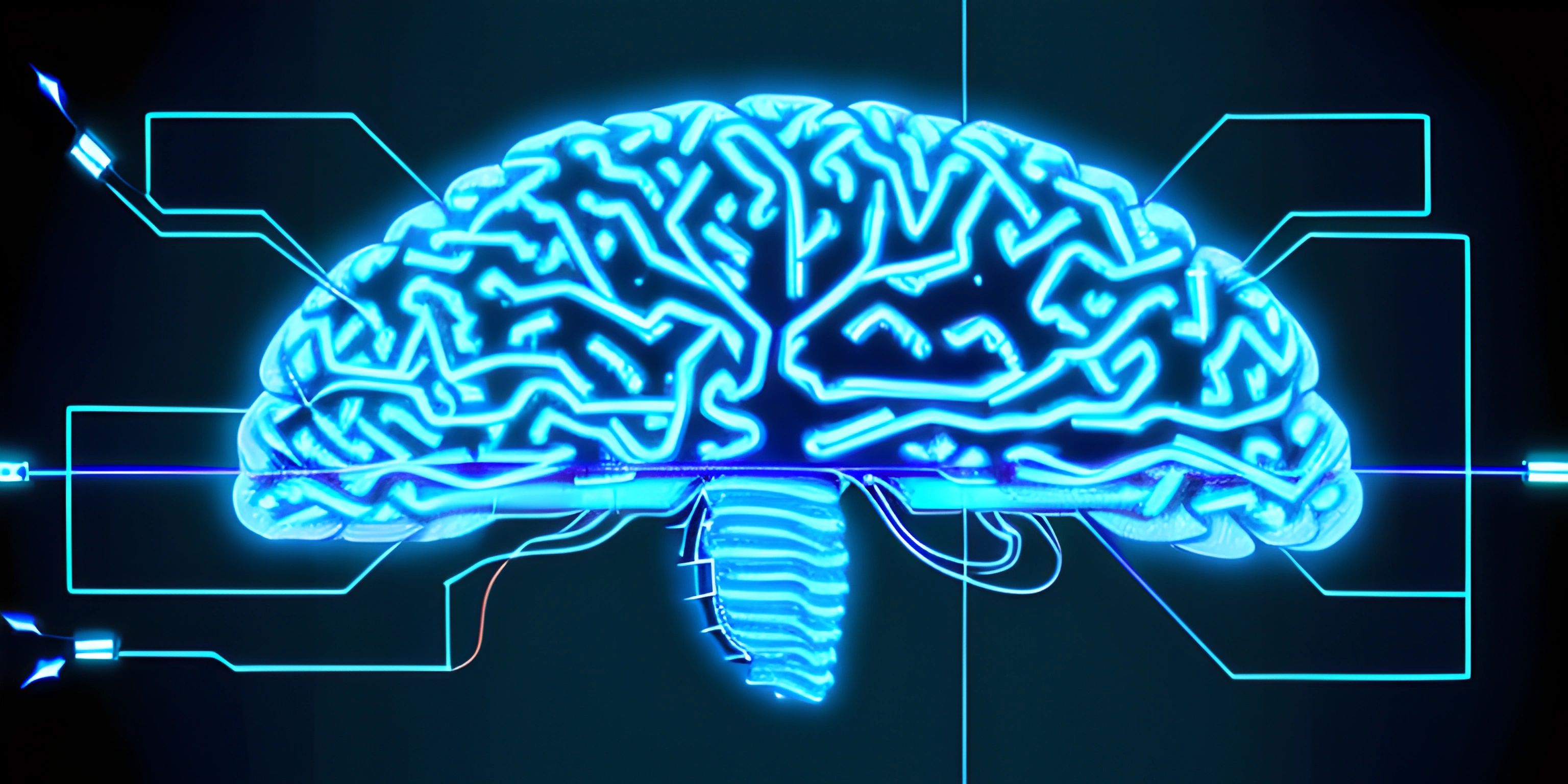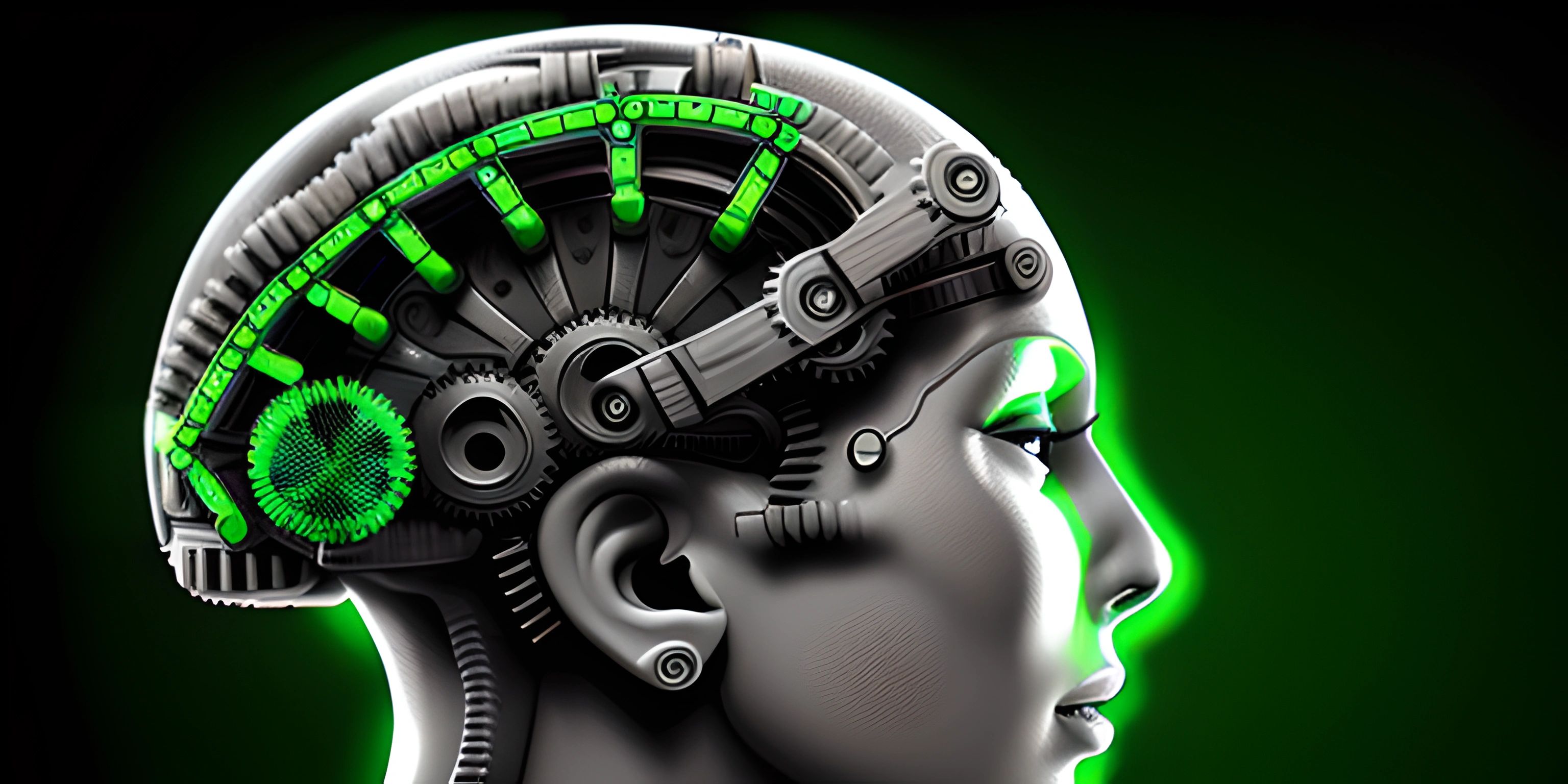Introducing AI

Note: this page has been created with the use of AI. Please take caution, and note that the content of this page does not necessarily reflect the opinion of Cratecode.
Are you curious about artificial intelligence (AI) and want to know what all the buzz is about? You're in the right place! We'll take a brief tour of AI, its history, fascinating applications, and the concepts that make it possible. So, buckle up and let's dive in!
What is AI?
AI, or artificial intelligence, is the field of computer science that focuses on creating machines that can perform tasks that typically require human-like intelligence. These tasks include learning, problem-solving, understanding natural language, recognizing patterns, and making decisions.
Since its inception in the 1950s, AI has evolved significantly. Today, it powers a wide range of technologies, from machine learning algorithms to self-driving cars and advanced robotics.
Key Concepts in AI
To get started with AI, it's crucial to understand some of the key concepts that underpin its development. Here are a few essential ideas:
Machine Learning
Machine learning is a subset of AI that enables machines to learn from data and improve their performance over time. This is done through algorithms that analyze input data and adjust their behavior to make increasingly accurate predictions or decisions.
Deep Learning
Deep learning is a subfield of machine learning that focuses on using artificial neural networks to model complex patterns in data. These networks are inspired by the structure and functions of biological neurons in the human brain.
Natural Language Processing
Natural language processing (NLP) is a field of AI that deals with the interaction between computers and humans through natural language. This includes tasks like speech recognition, sentiment analysis, and machine translation.
Applications of AI
AI finds its way into a multitude of applications, making our lives easier and more efficient. Here are some examples:
- Personal assistants like Siri and Alexa use NLP to understand voice commands and provide relevant information or perform actions.
- AI-powered recommendation systems on platforms like Netflix and Spotify analyze user preferences and suggest content tailored to individual tastes.
- Autonomous vehicles use AI algorithms to navigate roads, avoid obstacles, and make safe driving decisions.
Conclusion
AI is a fascinating field that continues to evolve, offering endless possibilities for the future. By understanding its basics and applications, you can begin to appreciate its impact on our daily lives and explore ways to harness its potential. So, go forth and explore the world of AI!
Hey there! Want to learn more? Cratecode is an online learning platform that lets you forge your own path. Click here to check out a lesson: AI Test Playground (psst, it's free!).
FAQ
What is AI?
AI, or artificial intelligence, is the field of computer science that focuses on creating machines that can perform tasks that typically require human-like intelligence. These tasks include learning, problem-solving, understanding natural language, recognizing patterns, and making decisions.
What are some key concepts in AI?
Some key concepts in AI include machine learning, deep learning, and natural language processing. Machine learning enables machines to learn from data, deep learning uses artificial neural networks to model complex patterns, and natural language processing deals with the interaction between computers and humans through natural language.
What are some applications of AI?
AI has numerous applications, including personal assistants like Siri and Alexa, recommendation systems on platforms like Netflix and Spotify, and autonomous vehicles that navigate roads and make safe driving decisions.
How is deep learning related to AI?
Deep learning is a subfield of machine learning, which in turn is a subset of AI. Deep learning focuses on using artificial neural networks to model complex patterns in data, enabling machines to perform tasks that typically require human-like intelligence.





